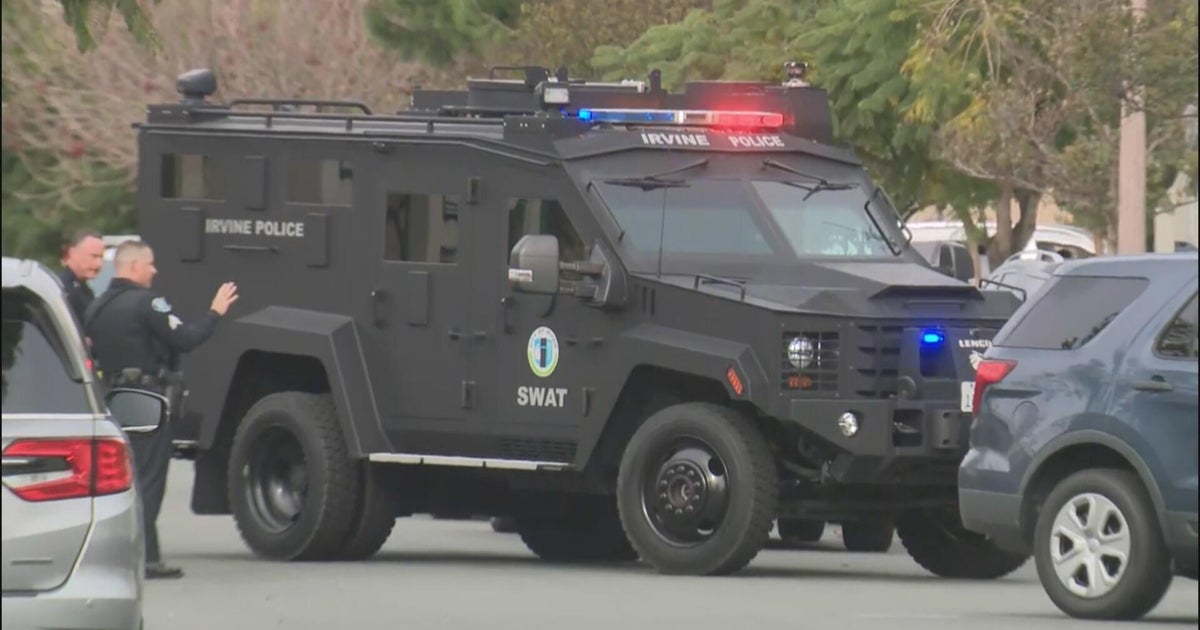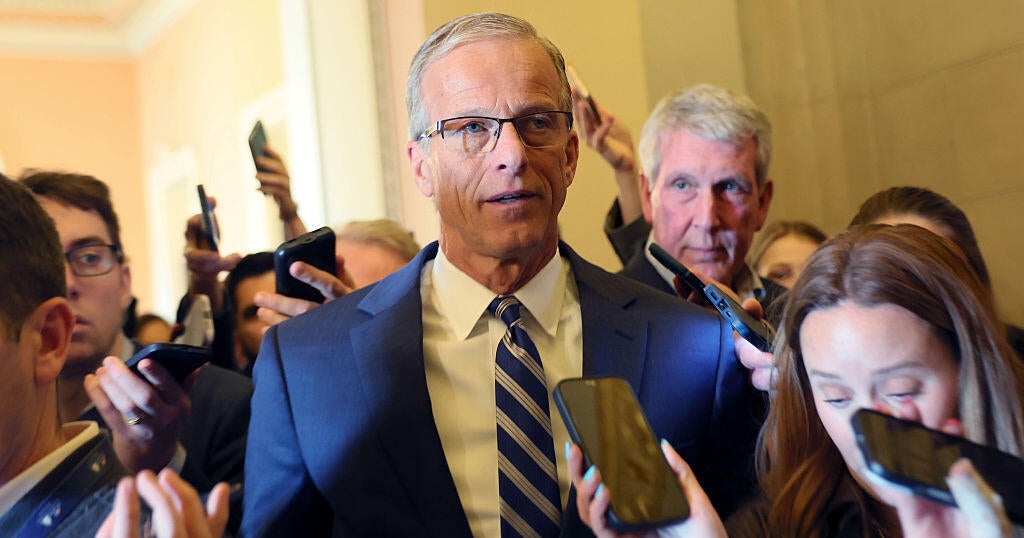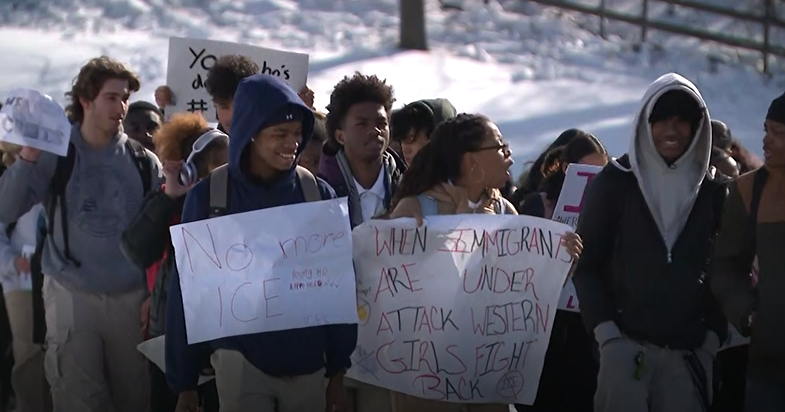Turkey-Dutch relations deteriorate after Turkish visits banned
ROTTERDAM, Netherlands --The escalating dispute between NATO allies Turkey and the Netherlands hit a new low Sunday, with a Turkish minister escorted out of the country less than a day after Turkey’s foreign minister was denied entry, prompting President Recep Tayyip Erdogan to call the Dutch “Nazi remnants.”
The diplomatic clash was over plans by Turkish government officials to campaign in the Netherlands for a referendum back home. Family and Social Policies Minister Fatma Betul Sayan Kaya had arrived in the country from Germany but was prevented from entering Turkey’s diplomatic compound in Rotterdam, setting up a standoff with armed police. She was later sent under escort back to Germany.
As she was approaching the German border, Kaya wrote that “the whole world must take action against this fascist practice! Such a treatment against a woman minister cannot be accepted.”
The Dutch were equally angry and Prime Minister Mark Rutte called Erdogan’s Nazi comment “a crazy remark,” while Rotterdam mayor Ahmed Aboutaleb said the Turkish consul general was guilty of a “scandalous deception” after he allegedly denied that the minister was coming despite government warnings to stay away.
“He lied to us and didn’t tell the truth,” the mayor said. “The deception worsened when they drove in different columns to Rotterdam” to try to fool Dutch authorities.
Hundreds of pro-Turkey protesters scuffled with police into the night in Rotterdam.
The diplomatic clash with Kaya came after Turkish Foreign Minister Mevlut Cavusoglu was barred from landing in the Netherlands on Saturday and Turkish officials closed off the Dutch Embassy and called its ambassador no longer welcome.
The Dutch barred Cavusoglu from entering because of objections to his intention to attend a rally in Rotterdam for a referendum on constitutional reforms to expand Erdogan’s powers, which the Dutch see as a step backward from democracy. Turkish officials have been campaigning in various European cities with Turkish populations before the April 16 vote.
The Dutch government said it withdrew landing permission because of “risks to public order and security,” leading Cavusoglu to say: “So is the foreign minister of the Turkish republic a terrorist?”
Erdogan told a rally in Istanbul that the Dutch “do not know politics or international diplomacy.” He compared them to “Nazi remnants, they are fascists.”
Erdogan had earlier this month already compared German policies to “Nazi practices,” after German municipalities canceled several campaign events by Turkish officials last weekend.
He told a rally in Istanbul Saturday: “You can stop our foreign minister’s plane all you want, let’s see how your (diplomatic) planes will come to Turkey from now on.”
In the evening, a Turkish foreign ministry official who spoke on customary anonymity said the Dutch Embassy in Ankara and its consulate in Istanbul were closed off because of security reasons.
The official said entries and exits were closed to the two locations. Similar precautions were taken at the Dutch charge d’affaires’ house and the ambassador’s residence.
The Turkish foreign ministry also said that it doesn’t want to see the Dutch ambassador, who is out of the country, return to his post for some time because of the increasingly divisive dispute with the Netherlands.
In a written statement early Sunday, Turkish Prime Minister Binali Yildirim said his country will strongly respond to the Dutch actions.
“There will be a stronger reprisal against the unacceptable treatment toward Turkey and ministers who have diplomatic immunity,” Yildirim said.
Cavusoglu said he arrived in Metz, France, late Saturday, where he was expected to address crowds on Sunday.
The diplomatic row comes at a time when relations between Turkey and the European Union, of which the Netherlands is a member, have been steadily worsening, especially in the wake of Erdogan’s actions since last year’s failed coup. More than 41,000 people have been arrested and 100,000 civil servants fired from their jobs.
Cavusoglu said that “unfortunately Europe and several countries in Europe, the Netherlands being in the first place, they are reminiscent of the Europe of World War II. The same racism, Islamophobia, xenophobia, anti-Semitism, we see all the crimes against humanity in today’s politics.”
The dispute also comes just days before the Netherlands goes to the polls next Wednesday for the lower house of Parliament. The campaign has been dominated by issues of identity, with anti-Islam lawmaker Geert Wilders set to make strong gains.
Earlier Saturday, Cavusoglu said “Wilders is racist, fascist, Nazi, like a Nazi.” Citing comments that Wilders wanted action against Muslims, Cavusoglu said: “What are you going to do? Are you going to kill them, burn them or what?”



